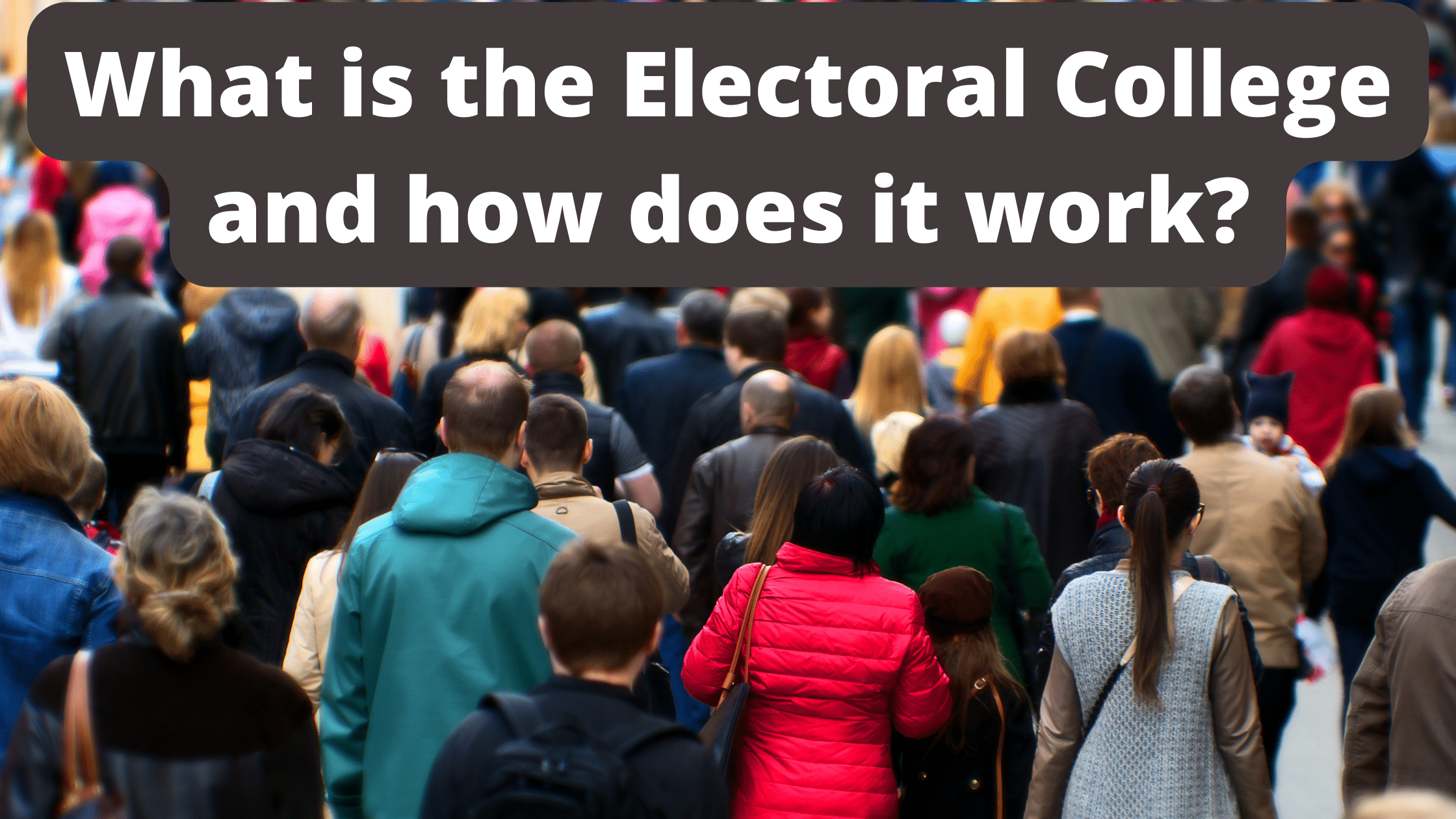Table of Contents
ToggleAbout the Electoral College
Every four years, millions of American voters head to the polls to elect their President. After casting the ballot, voters wait for the results to be declared officially. The presidential winner is determined by the electoral college and not the nationwide vote.
The constitution established a compromise in the electoral college as it restrains the president from being selected by the popular vote or the Congress.
The electoral college is composed of 538 electors, and for any candidate to be declared the winner, they must garner at least 270 electoral votes.
Political Parties and the Electoral College
Political parties taking part in the presidential election must pick a slate of electors ahead of the polls in every state. And since most states have adopted a winner takes all system, the ticket that wins the majority votes in such states bags all their electoral college votes. Electors then convene at the state’s capitol in mid-December to cast two votes, one for president and the other for vice president.
How Does the Electoral College Work?
The number of electoral votes allocated to each state is equivalent to the number of delegates it sponsors to Congress. For instance, Texas has 38 electors, meaning it has 36 delegates in the House of Representatives and two representatives in the Senate.
California has the greatest number of electoral votes, 55, while states such as Wyoming, Montana, Dakotas, and Washington, DC have the fewest electoral votes, 3.
Winner Takes All
Most states use the winner-take-all approach when distributing their electoral votes. This means that if a candidate garners the most votes in a given state, all the electoral college votes allocated to that state go in his favor.
However, the states of Maine and Nebraska take a different approach. The victor of every congressional district is given one electoral vote each, and the winner of the state popular vote is awarded the other two electoral votes.
What is wrong with the electoral college?
Critics of the Electoral College claim that it has several shortcomings, one of which is that it discourages candidates from pursuing votes in states with fewer electoral votes. For instance, in the 2016 presidential election, the leading candidates spent 90 percent of their campaign time in just 11 swing states.

Get Smarter on US News, History, and the Constitution
Join the thousands of fellow patriots who rely on our 5-minute newsletter to stay informed on the key events and trends that shaped our nation's past and continue to shape its present.
What transpires between the polls day and the inauguration?
When voters go to the polls to choose a presidential candidate, they technically cast ballots for the slate of electors of a party of a particular candidate.
Once the votes have been tallied, the slate of electors of the winning candidate in a given state will convene at the state’s capitol to cast one vote for the president and another for vice president.
On Jan 6, the vice president will unseal the electoral votes in a joint Congress session where counting will take place.
Electoral College Surprises
If no candidate garners 270 electoral votes or there is a tie in Electoral College, the House of representatives would be obligated to select the next President.
In such a case, every state delegation would be awarded a single vote, and of the three presidential candidates who get the most electoral votes would be declared the president. The Senate would be tasked with picking the vice president.
This has happened twice in US history, with Jefferson and John Quincy Adams being the only presidents elected by the House.
Who are Electors in an Electoral College?
The Constitution doesn’t explicitly state who an elector is, but it bars sitting senators or members of the House of Representatives from serving as one.
Political parties are obligated to pick their slate of electors in each state. However, parties often prefer loyalists when choosing their slate of electors, as not everyone can be entrusted with such a role.
Are Electors Mandated to Vote for their Devoted Candidate?
There is no provision in the Constitution or federal law that demands electors to vote for their pledged candidate. However, the District of Columbia and twenty-six states compel their electors to vote for their committed candidates.
People who breach the promise and vote for someone other than the one they pledged are referred to as faithless electors, and they have never tilted a presidential election.
Only seven presidential elections in US history have witnessed faithless electors.
Wrapping Up
As you can see, the working of the electoral college is well articulated in the US Constitution. This system addresses all situations that may arise in a presidential contest and explains how to handle them. This, in turn, makes presidential elections in the US less contentious.








